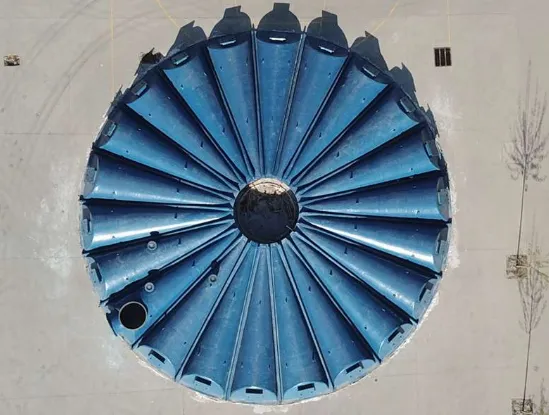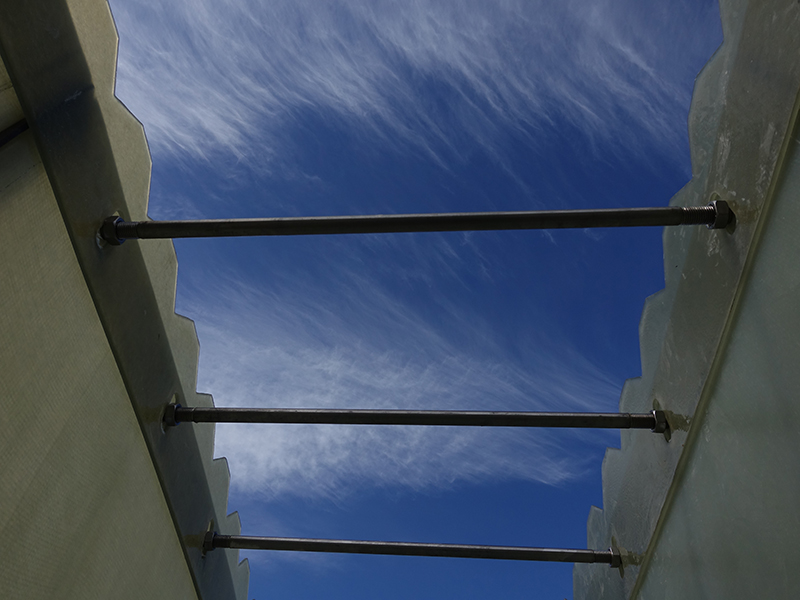
-
 Afrikaans
Afrikaans -
 Albanian
Albanian -
 Amharic
Amharic -
 Arabic
Arabic -
 Armenian
Armenian -
 Azerbaijani
Azerbaijani -
 Basque
Basque -
 Belarusian
Belarusian -
 Bengali
Bengali -
 Bosnian
Bosnian -
 Bulgarian
Bulgarian -
 Catalan
Catalan -
 Cebuano
Cebuano -
 China
China -
 China (Taiwan)
China (Taiwan) -
 Corsican
Corsican -
 Croatian
Croatian -
 Czech
Czech -
 Danish
Danish -
 Dutch
Dutch -
 English
English -
 Esperanto
Esperanto -
 Estonian
Estonian -
 Finnish
Finnish -
 French
French -
 Frisian
Frisian -
 Galician
Galician -
 Georgian
Georgian -
 German
German -
 Greek
Greek -
 Gujarati
Gujarati -
 Haitian Creole
Haitian Creole -
 hausa
hausa -
 hawaiian
hawaiian -
 Hebrew
Hebrew -
 Hindi
Hindi -
 Miao
Miao -
 Hungarian
Hungarian -
 Icelandic
Icelandic -
 igbo
igbo -
 Indonesian
Indonesian -
 irish
irish -
 Italian
Italian -
 Japanese
Japanese -
 Javanese
Javanese -
 Kannada
Kannada -
 kazakh
kazakh -
 Khmer
Khmer -
 Rwandese
Rwandese -
 Korean
Korean -
 Kurdish
Kurdish -
 Kyrgyz
Kyrgyz -
 Lao
Lao -
 Latin
Latin -
 Latvian
Latvian -
 Lithuanian
Lithuanian -
 Luxembourgish
Luxembourgish -
 Macedonian
Macedonian -
 Malgashi
Malgashi -
 Malay
Malay -
 Malayalam
Malayalam -
 Maltese
Maltese -
 Maori
Maori -
 Marathi
Marathi -
 Mongolian
Mongolian -
 Myanmar
Myanmar -
 Nepali
Nepali -
 Norwegian
Norwegian -
 Norwegian
Norwegian -
 Occitan
Occitan -
 Pashto
Pashto -
 Persian
Persian -
 Polish
Polish -
 Portuguese
Portuguese -
 Punjabi
Punjabi -
 Romanian
Romanian -
 Russian
Russian -
 Samoan
Samoan -
 Scottish Gaelic
Scottish Gaelic -
 Serbian
Serbian -
 Sesotho
Sesotho -
 Shona
Shona -
 Sindhi
Sindhi -
 Sinhala
Sinhala -
 Slovak
Slovak -
 Slovenian
Slovenian -
 Somali
Somali -
 Spanish
Spanish -
 Sundanese
Sundanese -
 Swahili
Swahili -
 Swedish
Swedish -
 Tagalog
Tagalog -
 Tajik
Tajik -
 Tamil
Tamil -
 Tatar
Tatar -
 Telugu
Telugu -
 Thai
Thai -
 Turkish
Turkish -
 Turkmen
Turkmen -
 Ukrainian
Ukrainian -
 Urdu
Urdu -
 Uighur
Uighur -
 Uzbek
Uzbek -
 Vietnamese
Vietnamese -
 Welsh
Welsh -
 Bantu
Bantu -
 Yiddish
Yiddish -
 Yoruba
Yoruba -
 Zulu
Zulu
Jan . 30, 2025 02:15
Back to list
frp pipes and fittings for ship building
The maritime industry, an ever-evolving sector, places paramount importance on innovation and reliability. Among the numerous elements that contribute to a ship's construction, the materials used in piping systems play a crucial role. FRP (Fiberglass Reinforced Plastic) pipes and fittings stand out due to their unparalleled features that benefit shipbuilders aiming for efficiency and durability. This article delves into the multifaceted advantages and considerations of utilizing FRP pipes and fittings in shipbuilding, emphasizing the elements of experience, expertise, authoritativeness, and trustworthiness.
When discussing the reliability and integrity of shipbuilding materials, authoritative industry standards must be factored. FRP pipes and fittings conform to global maritime safety standards, such as those set by the International Maritime Organization (IMO). This conformity ensures trust in their performance under strict marine conditions. In numerous case studies, FRP has surpassed other materials in tests for pressure resistance, tensile strength, and chemical exposure, affirming its position as a reliable choice for shipbuilders. Moreover, the installation process of FRP pipes is a testament to its superior design and engineering. Unlike metallic counterparts that often demand complex welding techniques, FRP pipes utilize bonding methods that are faster and safer, reducing installation times significantly. This efficiency results not only in lower labor costs but also in shorter shipbuilding timelines, which is a critical factor in commercial shipping operations where time equates to revenue. In terms of cost-effectiveness, one cannot overlook the long-term financial benefits presented by FRP pipes and fittings. While the initial investment may be marginally higher compared to conventional materials, the reduced need for maintenance, repairs, and replacements translates into considerable savings over the vessel’s lifecycle. Ship operators and builders have consistently vouched for the reduced total cost of ownership that FRP solutions provide, underpinning their economic viability. In summary, the adoption of FRP pipes and fittings in shipbuilding is not merely a choice but a strategic decision driven by decades of proven experience and expertise within the maritime industry. By embodying qualities of corrosion resistance, lightweight strength, thermal efficiency, and cost-effectiveness, FRP materials reinforce their authoritative presence in modern shipbuilding. As the industry progresses towards sustainable and efficient maritime practices, the reliability and enduring trust in FRP materials underscore their indispensable role in shaping the ships of tomorrow.


When discussing the reliability and integrity of shipbuilding materials, authoritative industry standards must be factored. FRP pipes and fittings conform to global maritime safety standards, such as those set by the International Maritime Organization (IMO). This conformity ensures trust in their performance under strict marine conditions. In numerous case studies, FRP has surpassed other materials in tests for pressure resistance, tensile strength, and chemical exposure, affirming its position as a reliable choice for shipbuilders. Moreover, the installation process of FRP pipes is a testament to its superior design and engineering. Unlike metallic counterparts that often demand complex welding techniques, FRP pipes utilize bonding methods that are faster and safer, reducing installation times significantly. This efficiency results not only in lower labor costs but also in shorter shipbuilding timelines, which is a critical factor in commercial shipping operations where time equates to revenue. In terms of cost-effectiveness, one cannot overlook the long-term financial benefits presented by FRP pipes and fittings. While the initial investment may be marginally higher compared to conventional materials, the reduced need for maintenance, repairs, and replacements translates into considerable savings over the vessel’s lifecycle. Ship operators and builders have consistently vouched for the reduced total cost of ownership that FRP solutions provide, underpinning their economic viability. In summary, the adoption of FRP pipes and fittings in shipbuilding is not merely a choice but a strategic decision driven by decades of proven experience and expertise within the maritime industry. By embodying qualities of corrosion resistance, lightweight strength, thermal efficiency, and cost-effectiveness, FRP materials reinforce their authoritative presence in modern shipbuilding. As the industry progresses towards sustainable and efficient maritime practices, the reliability and enduring trust in FRP materials underscore their indispensable role in shaping the ships of tomorrow.
Related Products









